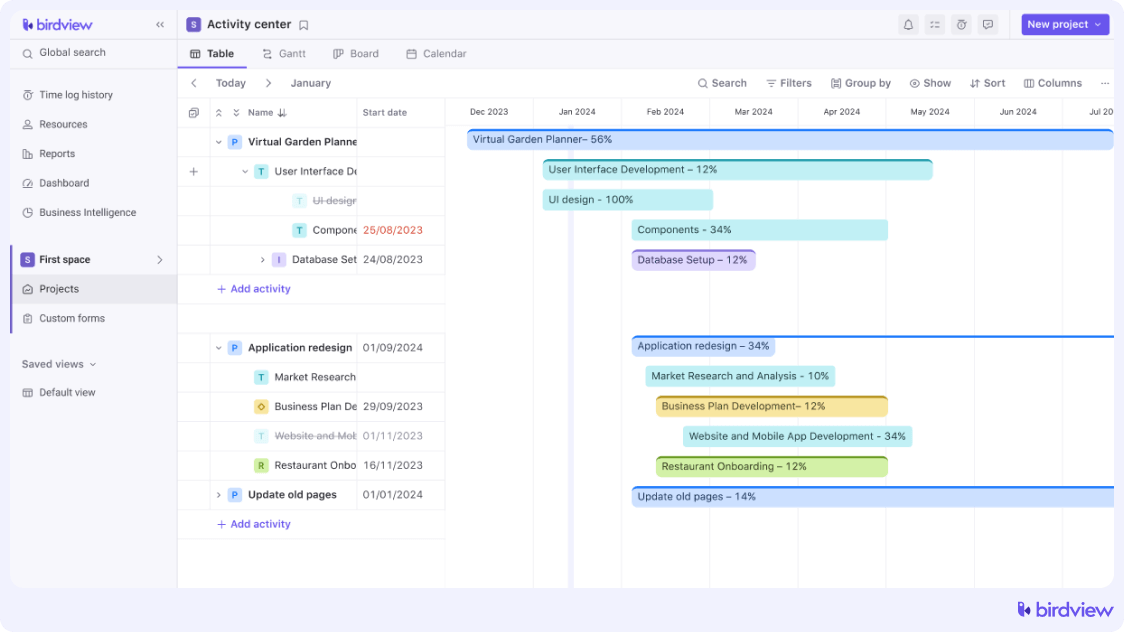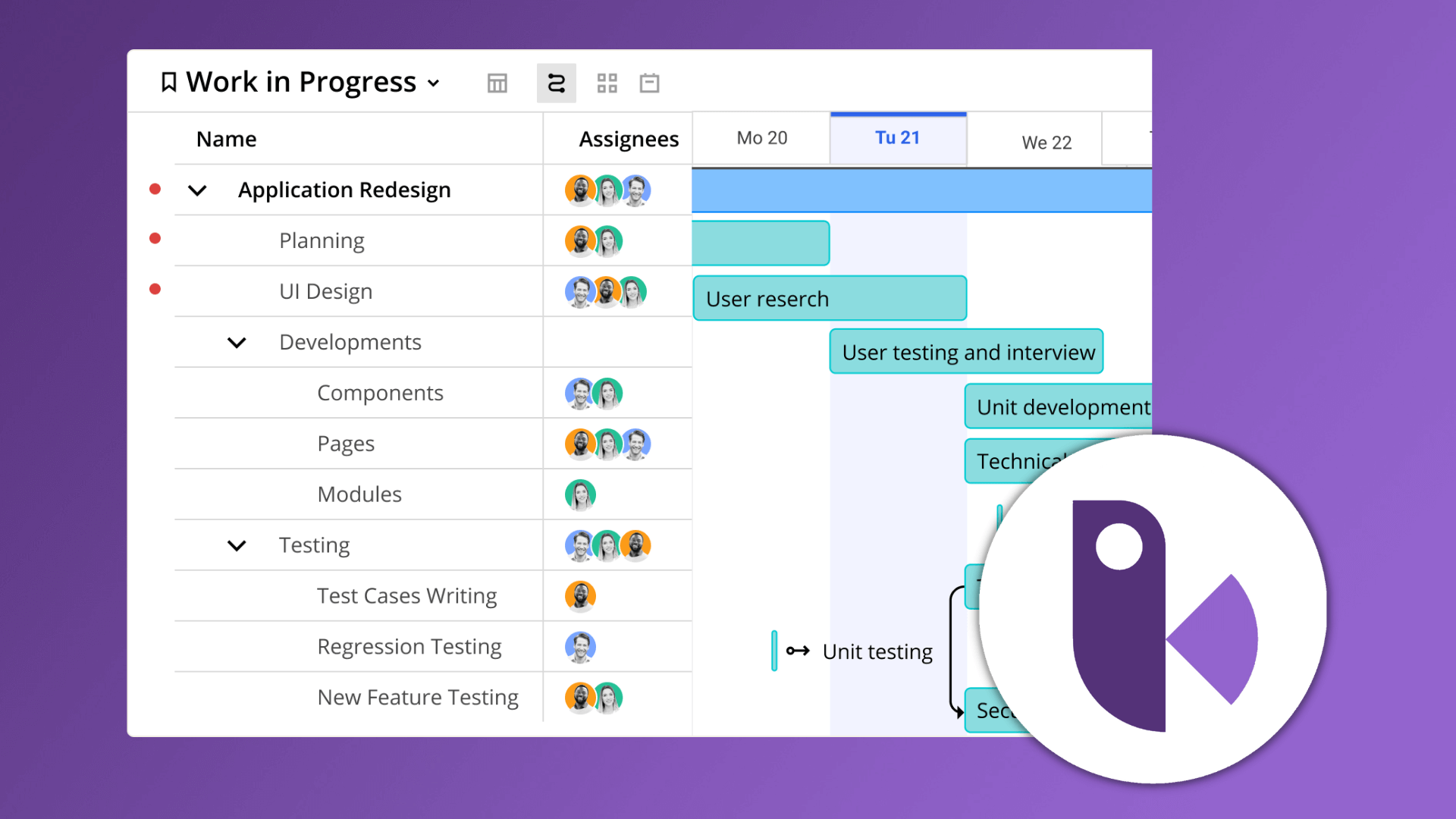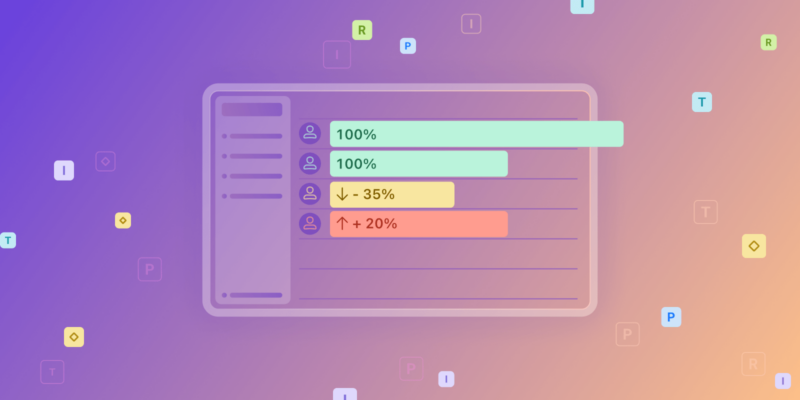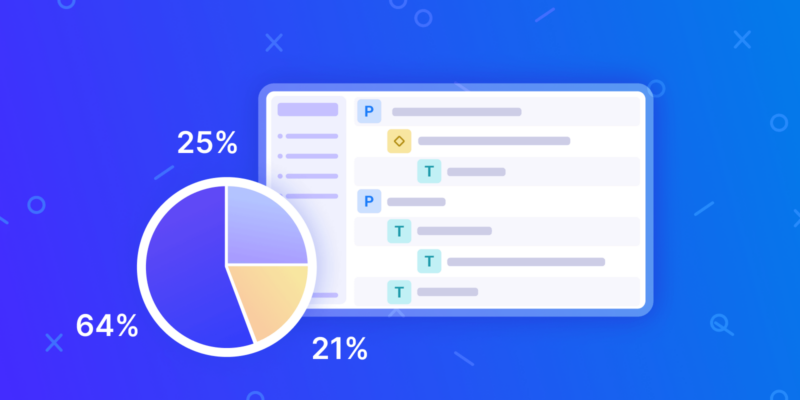In project management, “float” or “slack” is the amount of time a task can be delayed without affecting the deadlines of subsequent tasks or the project‘s final delivery date. The former is called “free float”, and the latter is called “total float”. Besides, there are two popular tools carrying the same names.
How do I find float?
The simplest way to compute slack is to subtract the time you‘ve allotted to complete a task from the time the task actually takes. For example, if you‘ve allotted 10 days for a task, but it only takes you 6 days to complete, your slack is 4 days. Tasks with zero floats can be considered part of the “critical path” because any delay on these tasks means a delay to the project deadline itself.
To compute the total float or slack, you need to add up the free float of all the other tasks in the project. If the number is positive, you have that much room to finish a project in case of delays or problems. If the number is negative, you don‘t have enough time for the project, and it will most likely miss the deadline.
For example, in a software development project, if the coding phase has a free float of 3 days and testing has 2 days, but the integration phase has a negative float of -1 day, it indicates that the project is at risk of running late if the integration issues are not addressed promptly.
How can I maximize float?
In order to maximize float in project management, you need to identify your critical path and calculate the amount of float in each non-critical task path. It will help if you visualize the project using a Gantt Chart or PERT diagram.

With these tools, you can reshuffle tasks and consolidate all of your non-critical tasks into as few task chains as possible. You can then reassign resources and work schedules to focus on the critical chain and to increase team productivity and efficiency. It may not change the amount of float, but it will get you the most out of those spare hours.
Make sure you revise your float estimates as the project goes on. If one task takes longer than expected, you have the option of using up estimated float from a task further down the calendar. Some project managers add a little bit more float than necessary as a safety measure against unexpected delays.
Of course, there will be circumstances where your project gets delayed, no matter how well you manage your float time. Learn from these delays and account for them the next time you schedule a project.
How to maximize float with Birdview?

Birdview PSA is a full-cycle platform that helps professional service delivery teams plan, manage, and forecast resources, projects, and finances in one place. With the Birdview advanced resource planning features, managers can schedule projects, assign tasks, and manage the team‘s workload to maximize resource utilization. As a result, your organization will be able to fulfill your current project needs and take on more work with confidence.
Key Features: Resource Management (Resource Loading Center), Project Management and Collaboration, Time Management, BI Reporting and Forecasting, Free Client Portal
Slack and Float Apps in Project Management: Are They Useful?
In project management, tools like Slack and Float enhance efficiency and streamline processes. Slack is a communication platform that centralizes project discussions, integrates with other tools, facilitates file sharing, and automates tasks with bots. Float is a resource management tool that helps schedule resources, plan projects visually, track time, and update schedules in real-time.
These applications are highly useful in project management. Slack improves communication and collaboration, while Float excels in resource management and scheduling. Both tools significantly ease the project management process.



